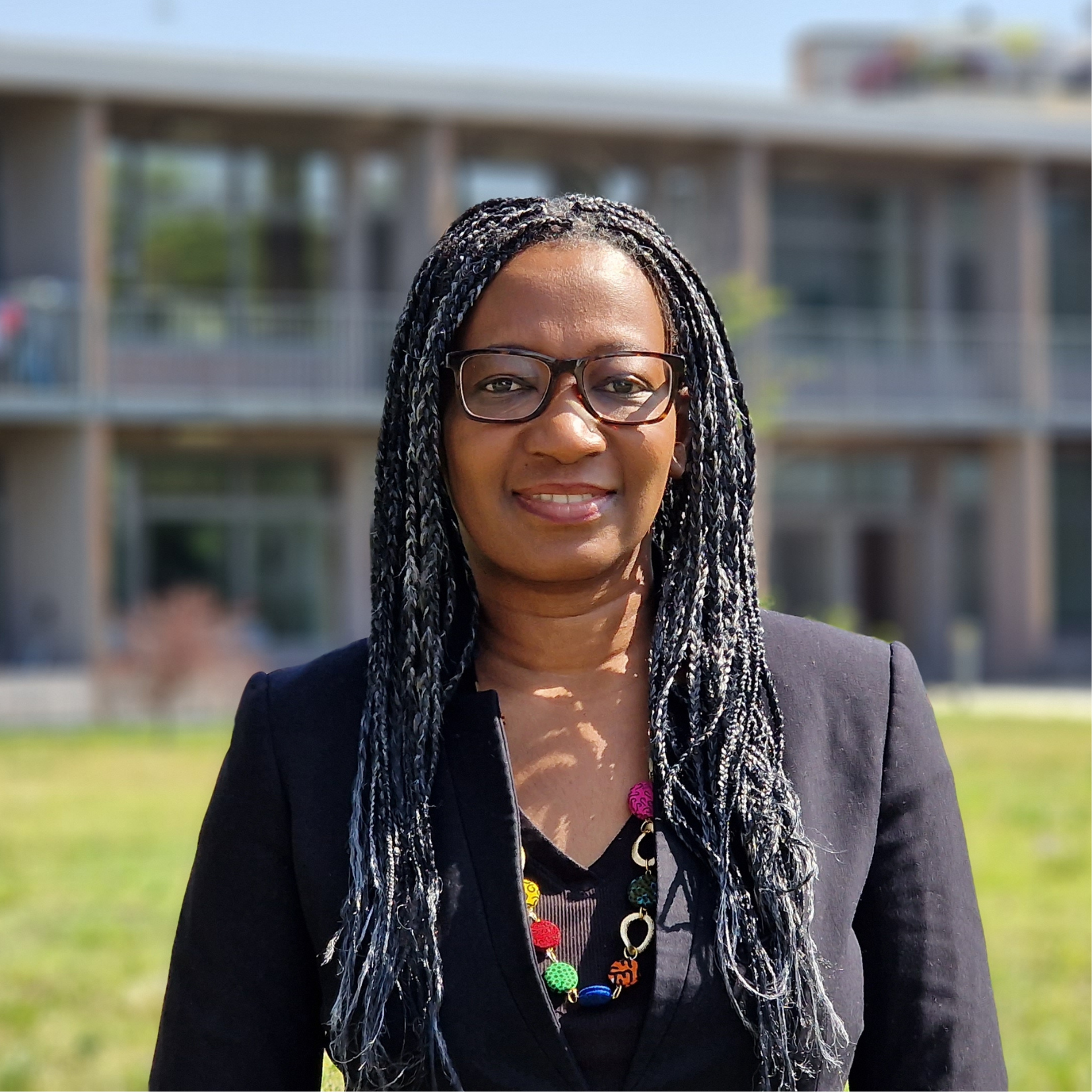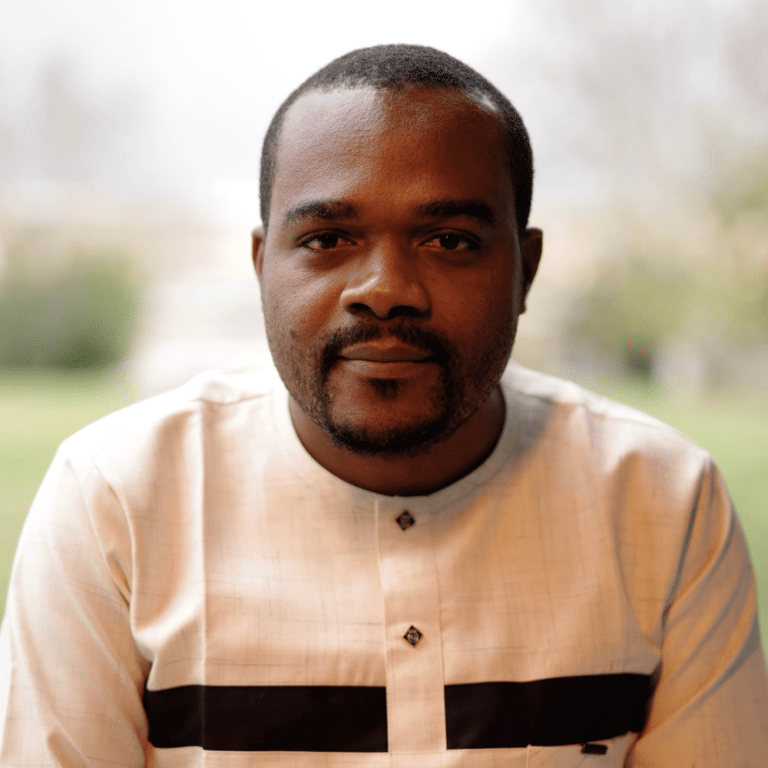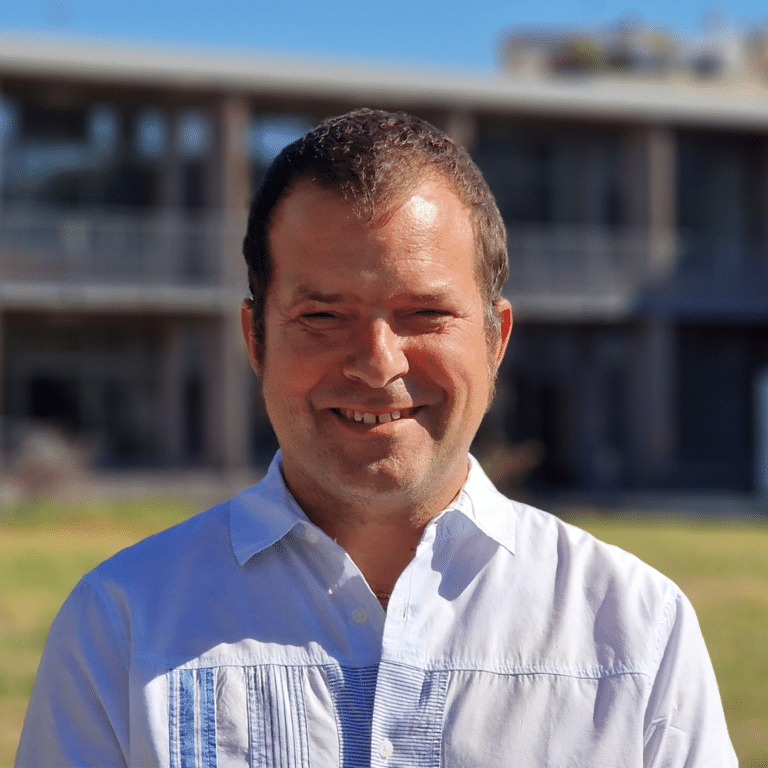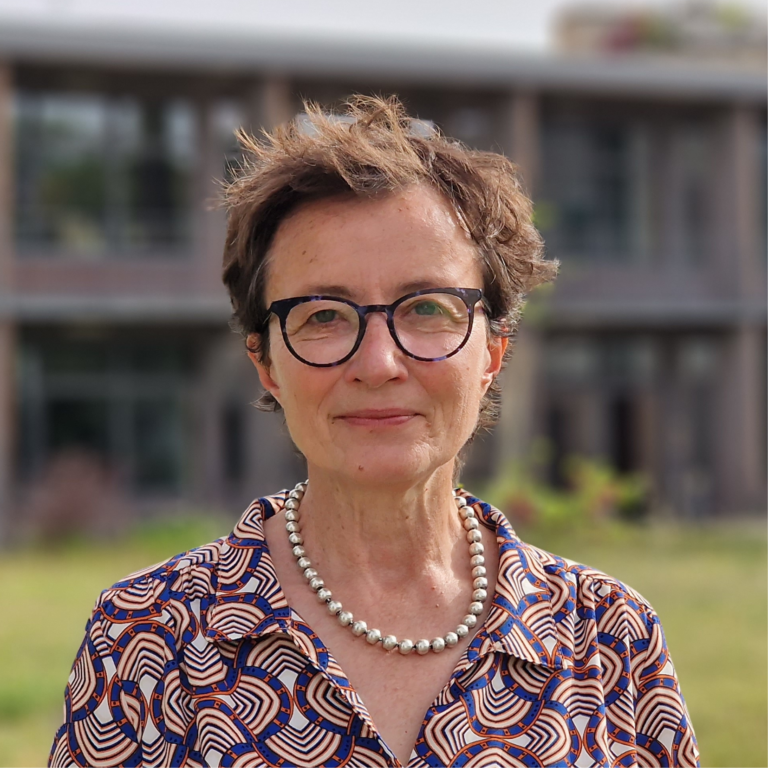
Credit: Andonian Timothée / Iméra
Josephine Jarpa Dawuni
Research project
Women in Law and Leadership Across Africa
Summary of the research project
This research project will be the first monograph to examine women in the legal professions across Africa, focusing on the bar, the bench and the legal academy in Africa, with a focus on women’s pathways to leadership in law. Using intersectional and comparative analytical frameworks, this study engages a continent-wide study and comparison of women’s entry into the legal professions, focusing on seven country case studies where Dr. Dawuni conducted in-depth interviews. Drawing on socio-legal approaches, and anchored in postcolonial feminist critique, Dr. Dawuni builds on her earlier theory of matri-legal feminism as an analytical framework for studying women, gender and the law across Africa.
Biography
J. Jarpa Dawuni is an Associate Professor of Political Science at Howard University, Washington D.C. She is a qualified Barrister-at-Law before the Superior Courts of Ghana. She holds a Doctorate in Political Science from Georgia State University. Her primary areas of research and advocacy include law and development, judicial politics, women and the legal professions, gender and the law, international human rights, democratization and women’s civil society organizing. Her books include Gender, Judging and the Courts in Africa: Selected Cases (Routledge, 2021), International Courts and the African Woman Judge: Unveiled Narratives (Routledge, 2018) co-edited with Judge Akua Kuenyehia and Gender and the Judiciary in Africa: From Obscurity to Parity? (Routledge, 2016), co-edited with Gretchen Bauer.
She is the Founder and Executive Director of the non-profit organization, Institute for African Women in Law. She is the founding Director of the Howard University Center for Women, Gender, and Global Leadership made possible by a $1million gift in 2020. She is a multi-award winner. In 2022, she was the proud recipient of two WOZA Women in Law Awards—Global Transformation Leadership and Best in Thought Leadership, Innovation and Academia awards. In 2020, she received the Women in Law-Austria Justitia Awards in the International Academic category for her scholar-activism in advancing women’s rights and women’s issues in law. In 2021, she was named by Courtroom Mail-Nigeria in their top 100 women law firm owners for her work in promoting global awareness of African Women in Law through research, mentoring and advocacy.
In 2016, she was the recipient of President Obama’s Volunteer and Service Award for her work on the Board of the African Research Academies for Women. She is a Fulbright Scholar, a Carnegie African Diaspora Scholar, a Fellow of the Stellenbosch Institute for Advanced Studies, and a Fellow at the Center for Democratic Development (CDD) Ghana. She has been a Visiting Professor in the UNESCO Peace Masters Program at the University of Jaume 1 in Castellon, Spain, and an Adjunct Associate Professor of Law at the Washington College of Law at American University in Washington, DC. She was a Visiting Scholar at Queens University, Kingston, Canada in 2018, and University of Copenhagen iCourts Program in Denmark in 2015. She sits on several boards including the African Studies Association.



